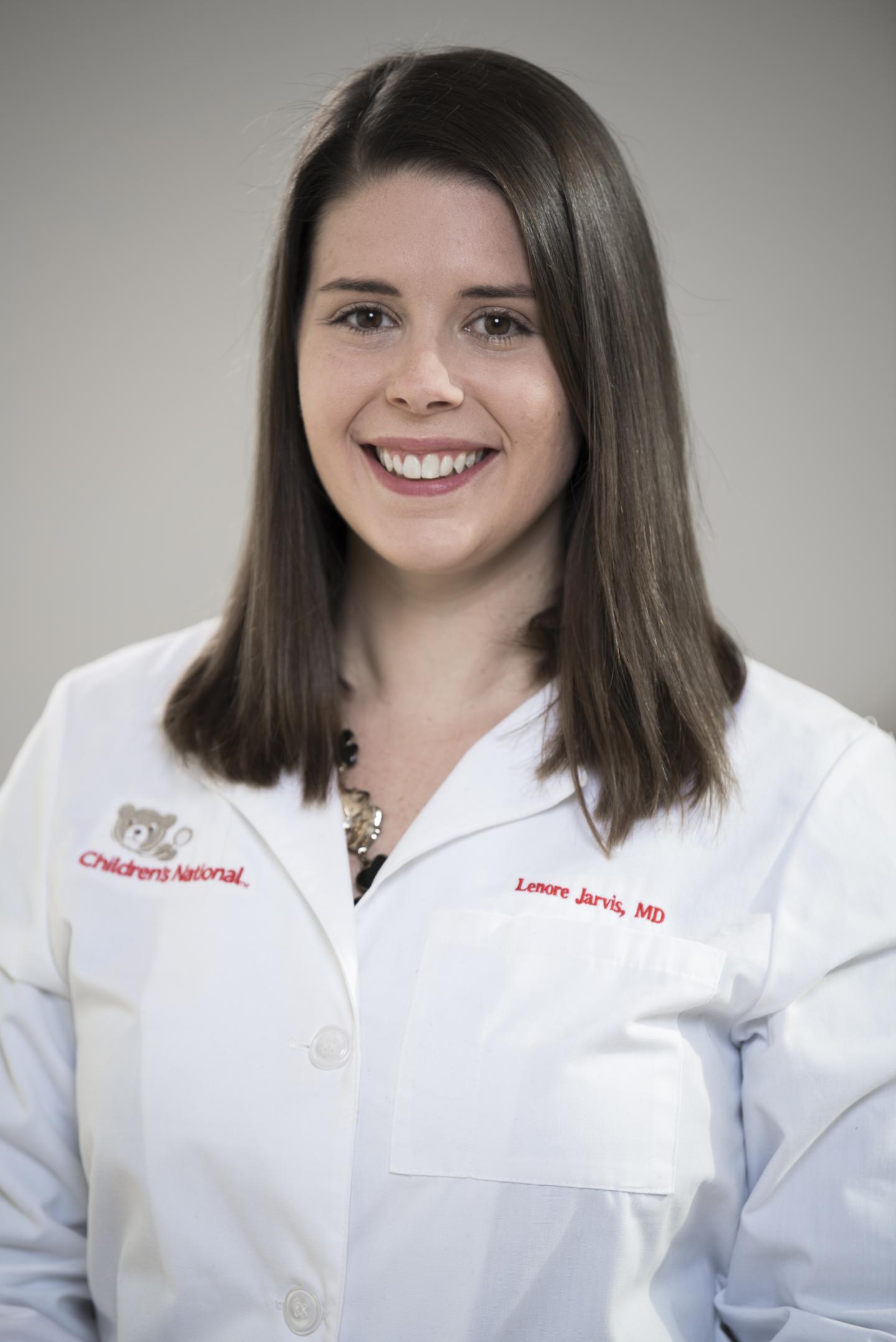
Credit: Children’s National Health System
Over the past several decades, it’s become increasingly recognized that perinatal mood and anxiety disorders (PMADs), including postpartum depression, are more than just “baby blues.” They’re the most common complication of childbirth in the U.S., affecting about 14 percent of women in their lifetimes and up to 50 percent in some specific populations. PMADs can lead to a variety of adverse outcomes for both mothers and their babies, including poor breastfeeding rates, poor maternal-infant bonding, lower infant immunization rates and maternal suicides that account for up to 20 percent of postpartum deaths.
But while it’s obvious that PMADs are a significant problem, finding a way to solve this issue is far from clear. In a policy statement published December 2018 in the journal Pediatrics, the American Academy of Pediatrics recommends that pediatric medical homes coordinate more effectively with prenatal providers to ensure PMAD screening occurs for new mothers at well-child checkups throughout the first several weeks and months of infancy and use community resources and referrals to ensure women suffering with these disorders receive follow-up treatment.
To help solve the huge issue of PMADs requires a more comprehensive approach, suggests Lenore Jarvis, M.D., MEd, an emergency medicine specialist at Children’s National Health System. A poster that Dr. Jarvis and colleagues from Children’s Perinatal Mental Health Taskforce recently presented at the American Academy of Pediatrics 2018 National Convention and Exhibit in Orlando, Florida, details the integrated care to help women with PMADs that originated at Children’s National and is being offered at several levels, including individual, interpersonal, organizational, community and policy. The poster was ranked best in its section for the Council on Early Childhood.
At the base level of care for mothers with possible PMADs, Dr. Jarvis says, are the one-on-one screenings that take place in primary care clinics. Currently, all five of Children’s primary care clinics screen for mental health concerns at annual visits. At the 2-week, 1-, 2-, 4-, and 6-month visits, mothers are screened for PMADs using the Edinburgh Postnatal Depression Scale, a validated tool that’s long been used to gauge the risk of postpartum depression. In addition, recent studies at Children’s neonatal intensive care unit (NICU) and emergency department (ED) suggest that performing PMAD screenings in these settings as well could help catch even more women with these disorders: About 45 percent of parents had a positive screen for depression at NICU discharge, and about 27 percent of recent mothers had positive screens for PMADs in the ED.
To further these efforts, Children’s National recently started a Perinatal Mental Health Taskforce to promote multidisciplinary collaboration and open communication with providers among multiple hospital divisions. This taskforce is working together to apply lessons learned from screening in primary care, the NICU and the ED to discuss best practices and develop hospital-wide recommendations. They’re also sharing their experiences with hospitals across the country to help them develop best practices for helping women with PMADs at their own institutions.
Furthering its commitment to PMAD screening, Children’s National leadership set a goal of increasing screening in primary care by 15 percent for fiscal year 2018–then exceeded it. Children’s National is also helping women with PMADs far outside the hospital’s walls by developing a PMAD screening toolkit for other providers in Washington and across the country and by connecting with community partners through the DC Collaborative for Mental Health in Pediatric Primary Care. In April 2019, the hospital will host a regional perinatal mental health conference that not only will include its own staff but also staff from other local hospitals and other providers who care for new mothers, including midwives, social workers, psychologists, community health workers and doulas.
Finally, on a federal level, Dr. Jarvis and colleagues are part of efforts to obtain additional resources for PMAD screening, referral and treatment. They successfully advocated for Congress to fully fund the Screening and Treatment for Maternal Depression program, part of the 21st Century Cures Act. And locally, they provided testimony to help establish a task force to address PMADs in Washington.
Together, Dr. Jarvis says, these efforts are making a difference for women with PMADs and their families.
“All this work demonstrates that you can take a problem that is very personal, this individual experience with PMADS, and work together with a multidisciplinary team in collaboration to really have an impact and promote change across the board,” she adds.
###
In addition to Dr. Jarvis, the lead author, Children’s co-authors include Penelope Theodorou, MPH; Sarah Barclay Hoffman, MPP, Program Manager, Child Health Advocacy Institute; Melissa Long, M.D.; Lamia Soghier M.D., MEd, NICU Medical Unit Director; Karen Fratantoni M.D., MPH; and Senior Author Lee Beers, M.D., Medical Director, Municipal and Regional Affairs, Child Health Advocacy Institute.
Media Contact
Diedtra Henderson
[email protected]
443-610-9826




